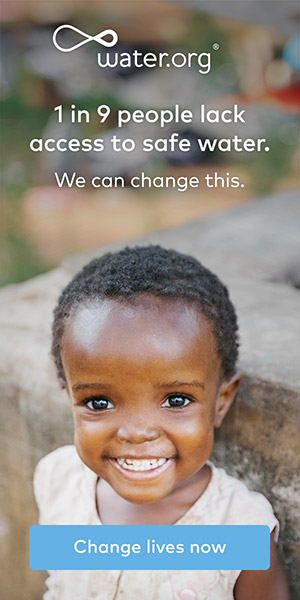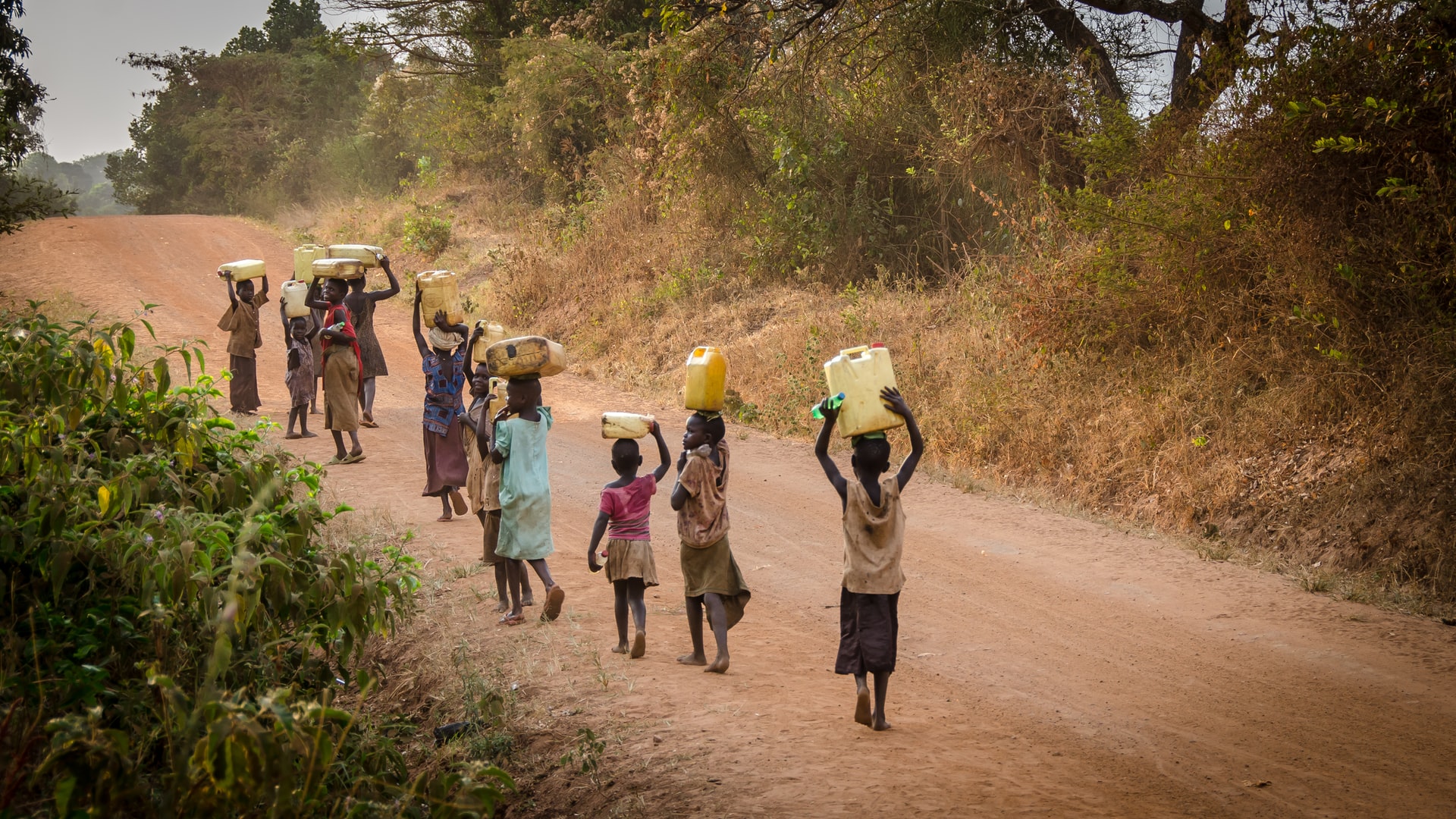
5 Sustainable Clean Water Solutions to The Water Crisis in Africa
There are a lot of epidemics going on in Africa. While poverty is at the forefront of these problems, there seems to be another which is prevalent but mostly overlooked. This is the lack and access to clean water in Africa. Poverty might not be easily eliminated, but the water crisis in Africa is a solvable issue. Here are five sustainable clean water solutions to the water crisis in Africa.
1. Desalination
Since most African countries are surrounded by salty bodies of water that are not consumable, desalination to solve the global water crisis is the…
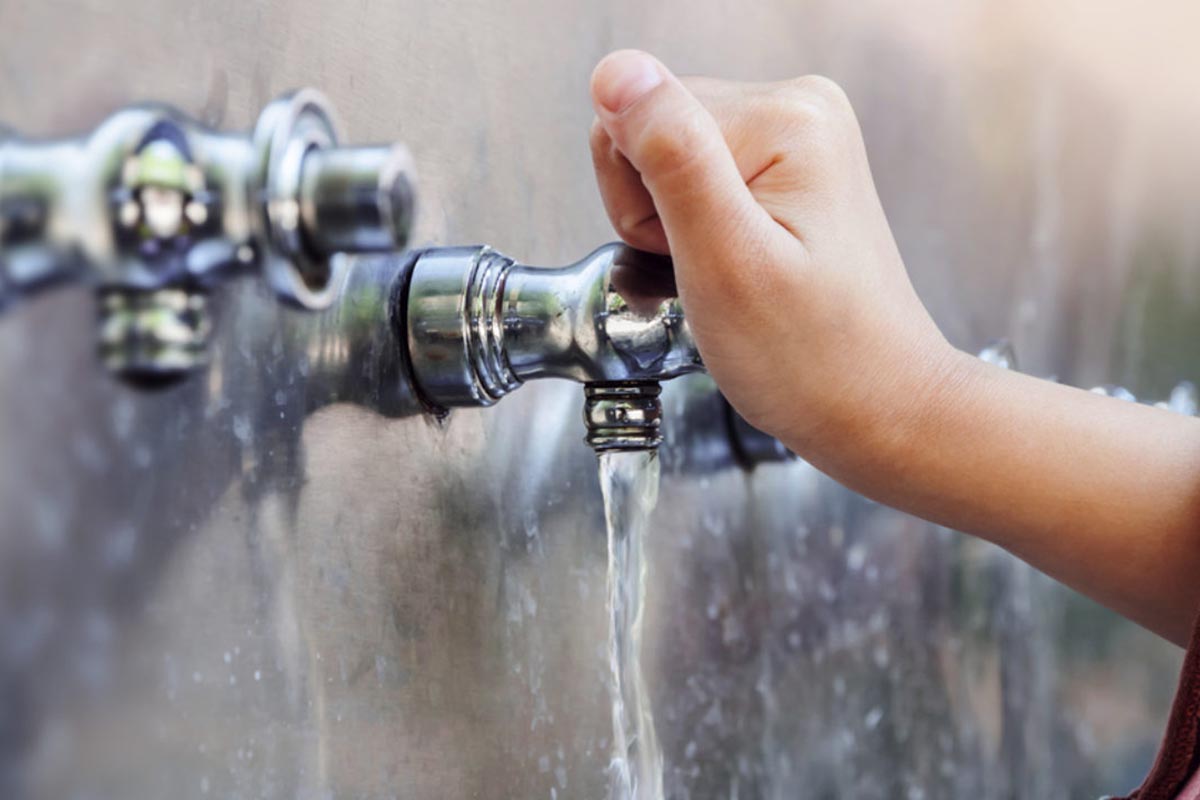
Obtain Potable Water Using New Treatment Technologies
There have been three main reasons that have influenced the development and deployment of water treatment technology:
The discovery of new, uncommon pollutants.
The adoption of new water methods to improve quality standards.
The expense of water treatment methods.
When it came to water treatment in local areas during the first half of the twentieth century, we only had these three treatments to employ: chemical clarity, granular media filtration, and chlorination.
Over time, water utilities have begun to seriously explore alternate water …
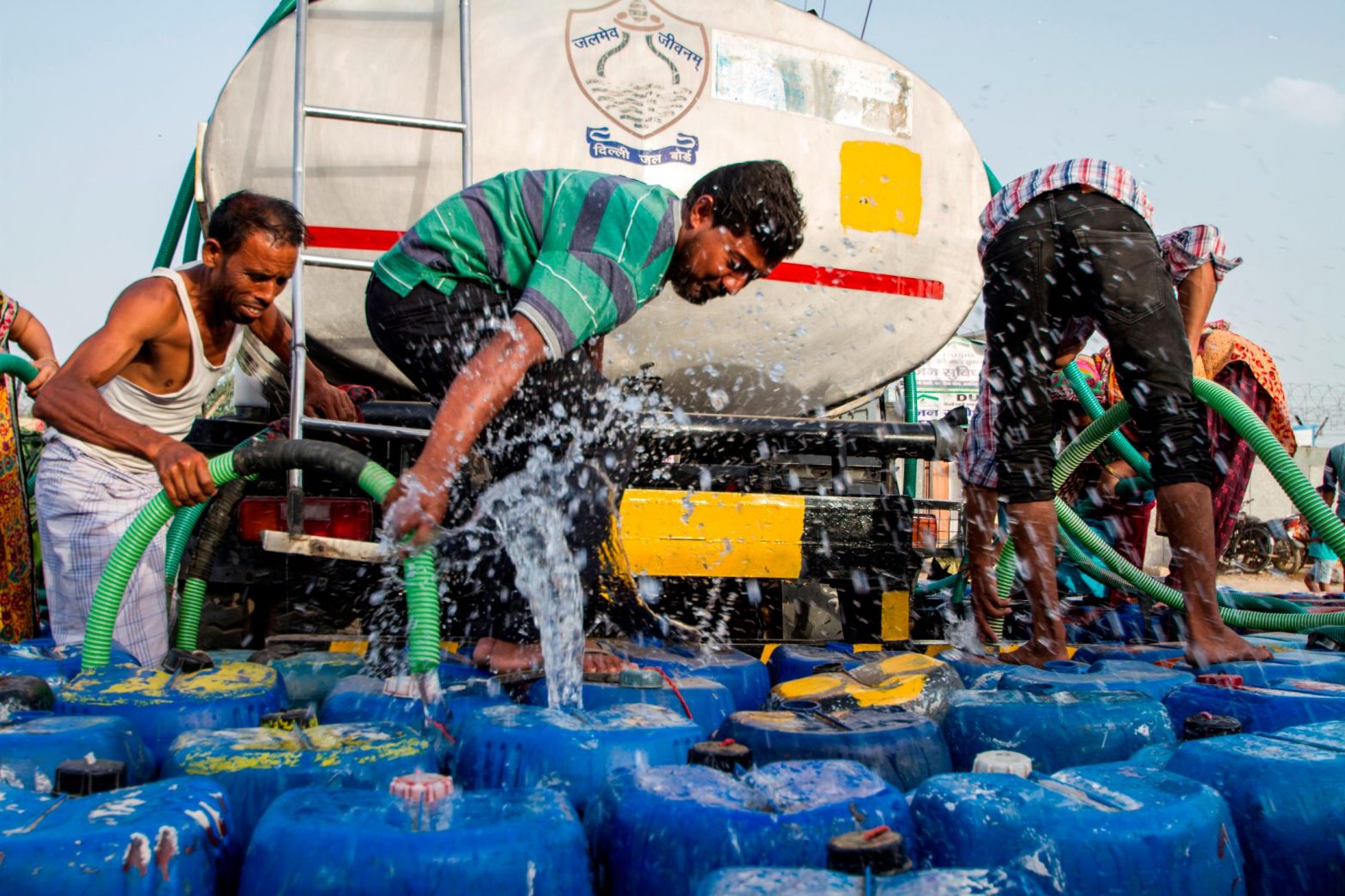
Water Solutions in Response to the Scarcity Crisis
Poor economic management and inadequate infrastructure for exploiting one of the world’s most abundant resources have long been recognized as contributing factors to the world’s chronic water scarcity condition, which has now reached unprecedented proportions. Approximately 750 million people across the globe do not have access to clean drinking water at this time.
This situation prompted world leaders to create the sixth SDG or Sustainable Development Goal, which seeks to provide universal access to water and sanitation and develop sustainable techniques and water management practices….
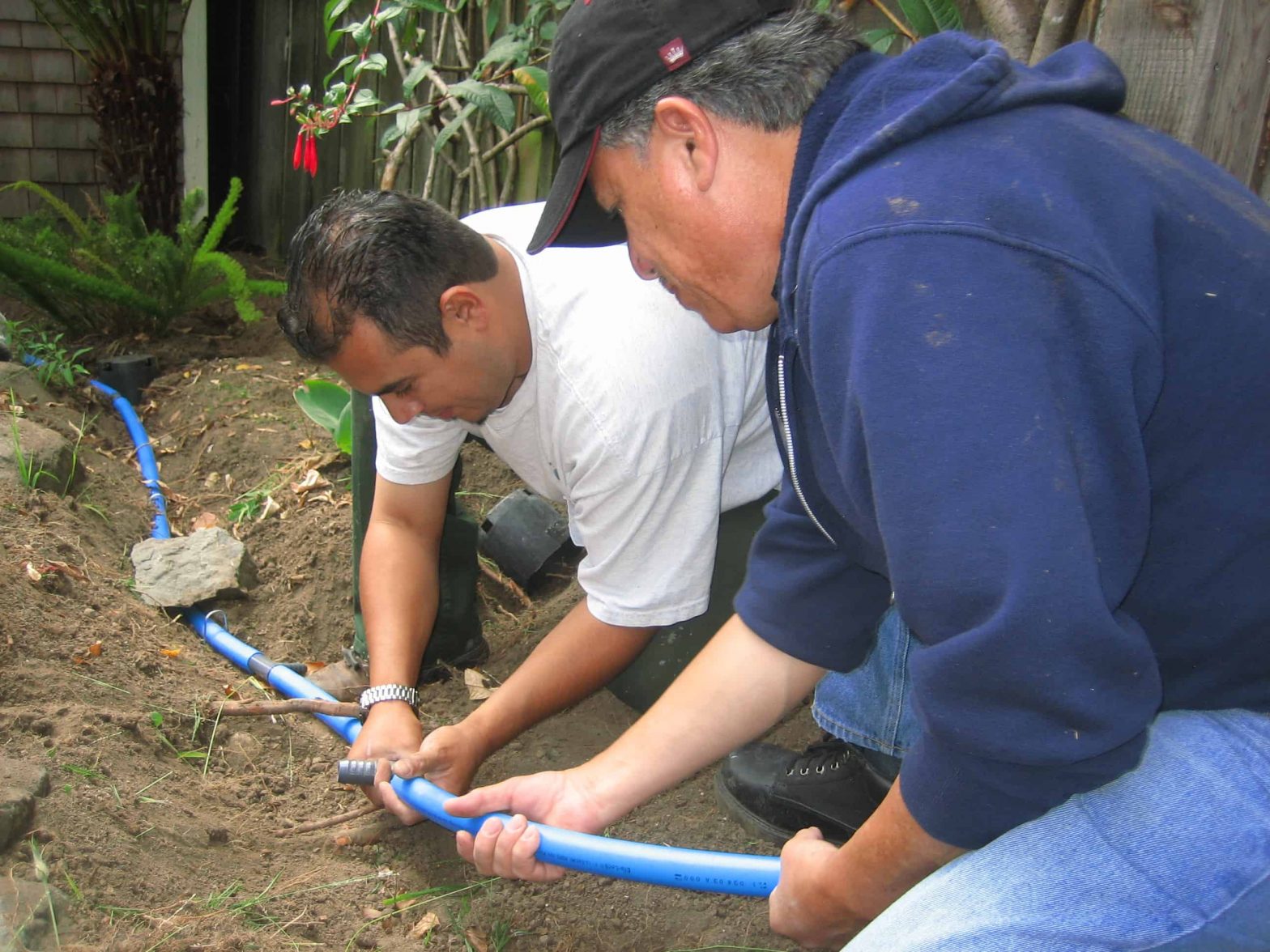
Innovative Ways to Provide Water for Developing Countries
In spite of UNESCO’s prediction that there would be a worldwide water catastrophe by 2020, water shortage is now a reality in impoverished countries. These nations may learn about water management and conservation and by using rainwater collection. Water that is not drinkable is collected, diverted, and stored for future use.
To prevent cholera epidemics caused by dangerous flood floods, rainwater collection in Cameroon is essential. In order to collect rainwater, you need to follow a four-step process, which may be active or passive. Activated harvesting meets the needs of humans …
